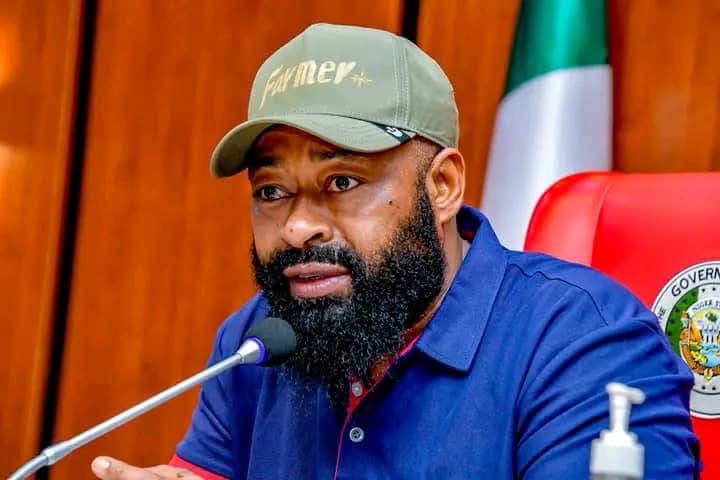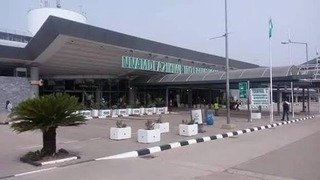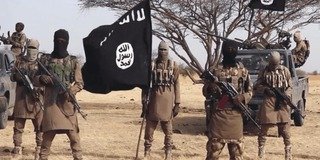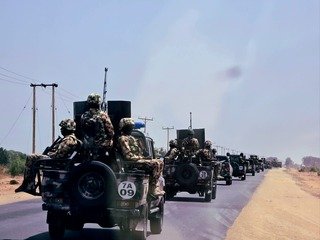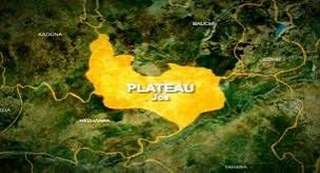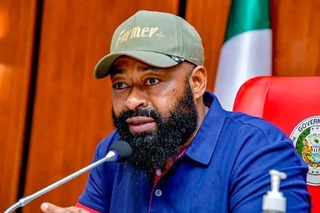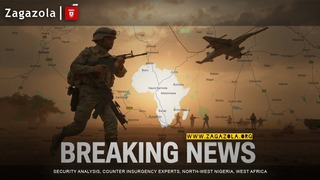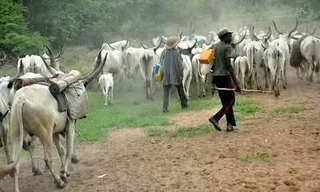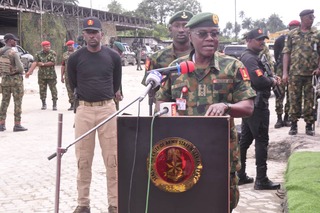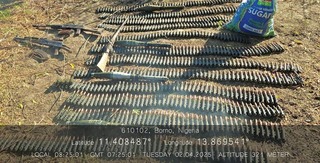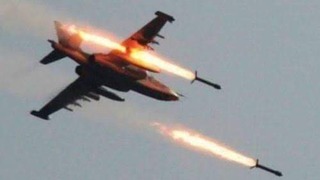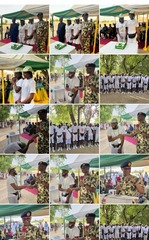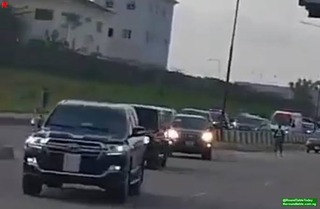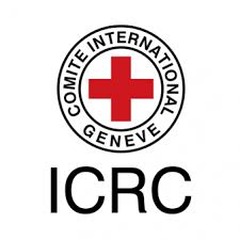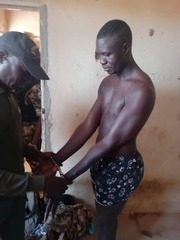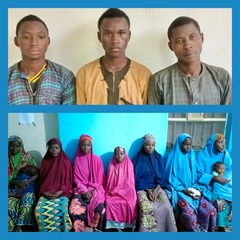One year after Allawa’s fall, displaced residents cry for help as humanitarian crisis deepens in Niger
By U.K. Umar
One year after armed attackers overran Allawa community in Shiroro Local Government Area of Niger State, a deepening humanitarian crisis continues to haunt the thousands of people who fled the invasion and now live in makeshift camps with no hope of return.
The silence that hangs over the once-thriving agrarian community of Allawa is not just physical, it is a silence of abandonment, neglect and despair.
Since the violent invasion of April 25, 2024, residents who escaped death have become Internally Displaced Persons (IDPs), living in overcrowded primary school buildings, market stalls and half-roofed compounds in neighbouring towns such as Kuta, Erena and Gwada.
Education has been disrupted. Food is uncertain. Healthcare is nearly non-existent. And worse, hope is fading.
At an abandoned block of classrooms now serving as a displacement shelter in Kuta, Zagazola Media Netowork, met Malam Musa Yakubu, a 47-year-old farmer and father of seven. He sat quietly under the shade of a neem tree, surrounded by three of his children, all barefooted and visibly malnourished.
“This place was once my children’s school. Now it is our home,” he said, forcing a smile. “We sleep on broken desks, on bare floor. During rainy nights, we cover ourselves with nylon bags. My wife cries often because she cannot feed our children.”
Malam Yakubu said he grew up in Allawa and owned over 15 hectares of farmland before the invasion. Today, he depends on handouts from well-wishers.
“The last time we received food aid was three months ago. Since then, we have been living on roasted yam and wild leaves. My children have not seen a classroom since we fled.”
Standing nearby was Amina Ibrahim, 16, who said she dropped out of Junior Secondary School following the attack. Now, she spends her days helping her mother hawk groundnuts in Kuta. I want to return to school,” she said quietly. “But how can I go to school when we have no home, no books, and no peace?”
‘My primary school is a ghost town’
For U.K. Umar, a former resident of Allawa and the writer of this report, the tragedy is personal.
“I attended Central Primary School in Allawa, which is now in ruins,” he recalled. “My childhood friends are now scattered across IDP camps. Some lost their parents. Some were taken by the attackers. We were not just displaced. We were forgotten.”
Umar said the displacement was not just the result of one attack, but a culmination of years of insecurity that was never addressed.
“What happened on April 25, 2024, was the final blow. Security agencies left, and armed groups moved in. What followed was a complete collapse of community life. Now, we are a forgotten people.”
Terror in the shadows
Reports from Shiroro LGA suggest that terror groups now control mining activities across several wards including Kurebe, Kwaki and Kushaka. Residents allegethat the attackers collect levies from artisanal gold miners up to N2 million per site every two weeks. Those who fail to comply are barred from mining, while others are punished.
“Their boys come during the day to collect fuel and money. At night, they disappear into the bush. They even settle disputes among locals. It is like a second government,” said a displaced youth who asked not to be named.
Just two weeks ago, five persons were reportedly abducted in Kwanta Yashi. Locals say they fear speaking out, as they are caught between hunger and violence.
‘Even water is a privilege’
In the Erena IDP settlement, Hajia Halima Abdullahi, 60, spoke through tears.
“I used to be a trader. I had goats and chickens. Now, I beg for drinking water. We fetch from a stream one hour away, and sometimes, we boil it. Other times, we drink it raw.”
She said many elderly displaced persons have developed hypertension and respiratory infections due to harsh conditions.
“There are no drugs. No doctors. Sometimes, we use herbs. Our children are falling sick every day.” It was also observed that the camps lack toilets, clean water, mosquito nets, and electricity. In some shelters, more than ten people sleep in one small room.
‘We feel abandoned’
There is growing frustration among displaced residents over what they describe as state government indifference.
“All we hear are promises. No concrete plan. No official has told us when we can return. It is as if our lives no longer matter,” said Ibrahim Zakari, a youth from Allawa now living in Gwada.
He appealed to the Niger State Government and the Federal Government to urgently intervene.
We are Nigerians too. We voted. We paid taxes. We built our homes and schools. Why have we been left to suffer?”
“You cannot keep over 20,000 displaced people in hopeless conditions for over a year and expect stability. Children are out of school. Teenage girls are being married off. Boys are joining vigilante groups. Trauma is spreading like wildfire,” he warned.
He called on the Federal Government to declare a humanitarian emergency in Shiroro LGA and mobilise the National Emergency Management Agency (NEMA), as well as development partners, to scale up food, water, and shelter support.
“There must be a concrete, time-bound plan for resettlement. These people deserve to go home with safety, dignity, and support.”
Conclusion
One year after the fall of Allawa, the question remains: how long must a people wait?
As Niger State and the Federal Government grapple with rising insecurity, the forgotten people of Allawa continue to live in limbo displaced, distressed, and dangerously ignored.
Their pain is not history. It is ongoing. And unless urgent steps are taken, the crisis may deepen further.
“We have not died,” Malam Musa Yakubu said quietly. “But we are not living either.”

